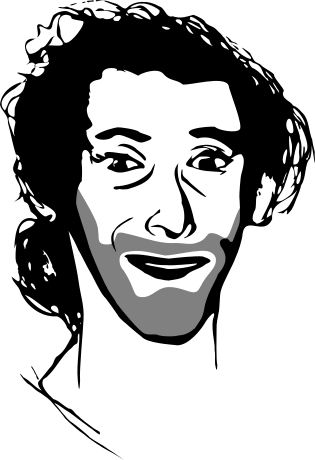The 3rd European meeting on Python in Science
Paris, Ecole Normale Supérieure, July 8-11 2010
We are happy to announce the 3rd EuroScipy meeting, in Paris, July 2010.
The EuroSciPy meeting is a cross-disciplinary gathering focused on the
use and development of the Python language in scientific research. This
event strives to bring together both users and developers of
scientific tools, as well as academic research and state of the art
industry.
Important dates
Registration opens: Sunday March 29
Paper submission deadline: Sunday May 9
Program announced: Sunday May 22
Tutorials tracks: Thursday July 8 - Friday July 9
Conference track: Saturday July 10 - Sunday July 11
Tutorial
There will be two tutorial tracks at the conference, an introductory one, to bring up to speed with the Python language as a scientific tool, and an advanced track, during which experts of the field will lecture on specific advanced topics such as advanced use of numpy, scientific visualization, software engineering…
Main conference topics
We will be soliciting talks on the follow topics:
- Presentations of scientific tools and libraries using the Python
language, including but not limited to:
- Vector and array manipulation
- Parallel computing
- Scientific visualization
- Scientific data flow and persistence
- Algorithms implemented or exposed in Python
- Web applications and portals for science and engineering
- Reports on the use of Python in scientific achievements or ongoing projects.
- General-purpose Python tools that can be of special interest to the scientific community.
Keynote Speaker: Hans Petter Langtangen
We are excited to welcome Hans Petter Langtangen as our keynote speaker.
- Director of scientific computing and bio-medical research at Simula labs, Oslo
- Author of the famous book Python scripting for computational science http://www.springer.com/math/cse/book/978-3-540-73915-9
The organizers:
Gaël Varoquaux (INRIA Saclay, Parietal), conference co-chair
Nicolas Chauvat (Logilab), conference co-chair
Program committee
Romain Brette (ENS Paris, DEC)
Mike Müller (Python Academy)
Christophe Pradal (CIRAD/INRIA, DigiPlantes team)
Pierre Raybault (CEA, DAM)
Jarrod Millman (UC Berkeley, Helen Wills NeuroScience institute)
